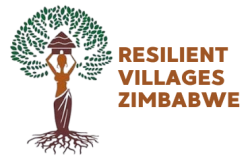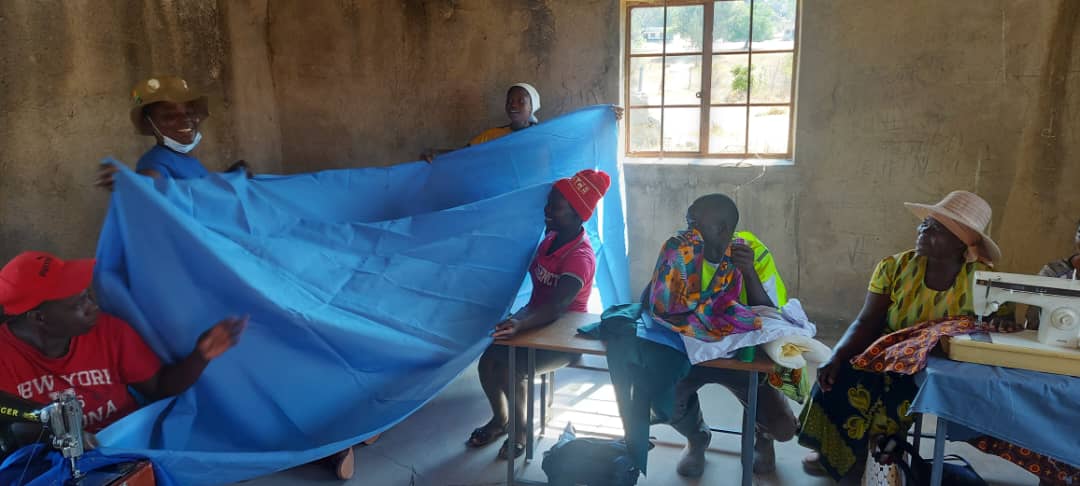Social entrepreneurship-the practice of addressing social or environmental issues through innovative and sustainable business models with the aim to create positive impact rather than solely focusing on Profit.
In the heart of Chirumhanzu District, Midlands Province, Zimbabwe, Resilient Villages Zimbabwe is fostering transformative change through community-led social enterprises. Focusing on empowering women, these initiatives are cultivating resilience, promoting economic independence, and building a brighter future for rural communities.
Resilient Villages Zimbabwe understands the interconnected challenges faced by rural populations, including food insecurity, poverty, and the impacts of climate change. Their holistic approach addresses these issues through sustainable solutions and community empowerment. Within Chirumhanzu, in wards 2 and 21, including Munhande Village, several key projects are underway, demonstrating the power of social enterprise:
From Garden to Garment: A Multifaceted Approach
While the Munhande Village nutrition garden project has been previously highlighted for its success in improving local nutrition and promoting sustainable agriculture, the work of Resilient Villages extends further, encompassing a diverse range of income-generating activities:
- Nutrition Gardens: These gardens form the foundation, providing not only essential nutrients but also a platform for learning sustainable farming techniques and promoting food security within households and the wider community.
- Garment Making: This initiative provides women with valuable skills and the opportunity to create marketable products, generating income and fostering self-reliance. By producing garments locally, the project also reduces reliance on external markets and promotes local economic development.
- Animal Husbandry: This project empowers women to raise livestock, providing a valuable source of protein and income through the sale of animals and animal products. This also contributes to improved food security and household nutrition.
- Sales of Horticultural Produce: Building on the success of the nutrition gardens, this project facilitates the sale of surplus produce, creating a sustainable income stream for women and further strengthening local food systems.
The Power of Women’s Economic Empowerment
These interconnected projects demonstrate the power of social enterprise to address multiple challenges simultaneously. By providing women with the skills, resources, and opportunities to generate income, Resilient Villages Zimbabwe is:
- Boosting household incomes: Providing women with financial independence improves the overall economic well-being of their families and communities.
- Enhancing food security: Income generated through these projects allows families to purchase additional food and other essential goods, further enhancing food security.
- Promoting sustainable livelihoods: These initiatives provide long-term, sustainable income-generating opportunities, empowering women to build a better future for themselves and their families.
- Building community resilience: By empowering women, Resilient Villages Zimbabwe strengthens the entire community’s ability to cope with challenges such as climate change and economic hardship.
A Model for Sustainable Development
The work of Resilient Villages Zimbabwe in Chirumhanzu serves as a powerful example of how social enterprise can drive positive change in rural communities. By focusing on women’s empowerment, promoting sustainable livelihoods, and building community resilience, these projects are creating a lasting impact and paving the way for a more sustainable and equitable future.
Resilient Villages Zimbabwe’s work aligns with core principles of climate change adaptation, community empowerment, poverty reduction, improved health and well-being, and environmental sustainability. Through collaboration, capacity building, and a commitment to community-led development, they are building a more resilient Zimbabwe, one village at a time.

